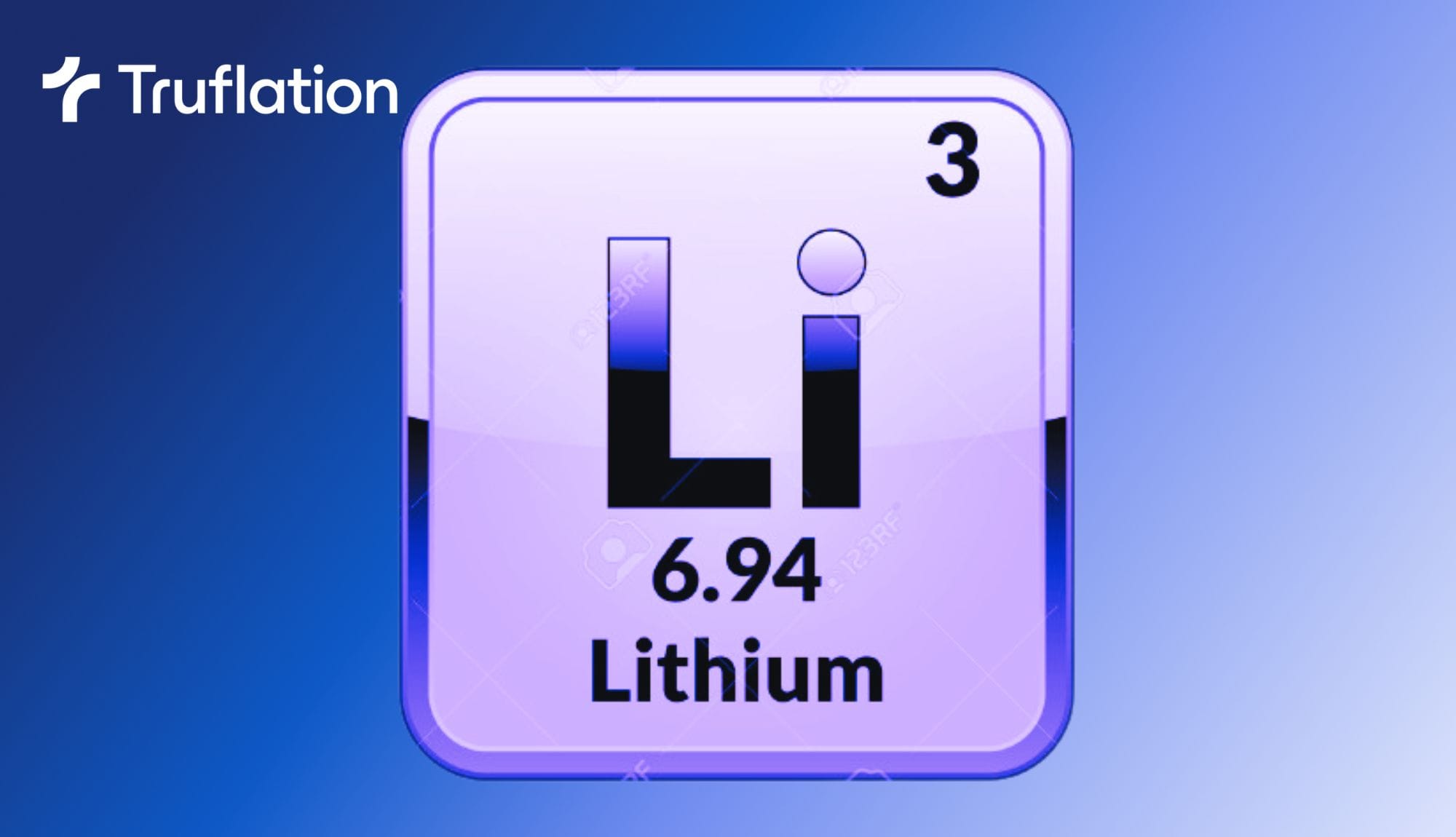Why Elon Musk Calls Lithium the 'New Oil,' and its Refinement a 'License to Print Money'

Elon Musk and Tesla broke ground summer of last year on massive Texas lithium refinery, having invested a reported $365 million in the plant with plans to hire about 165 full-time employees. Of this effort, Musk called the refinery a 'money-printing machine.'
The richest man in the world and his company are betting the refinery produces enough of the electric vehicle (EV) battery metal to build 1 million EVs by next year ... which would mark it as the largest North American processor of the material.
READ: Unveiling the Prowess and Investment Potential of Nickel
The move comes after Musk fittingly referred to lithium batteries as 'the new oil,' apropos especially as he and Tesla dig into a part of the US famed for its black gold wealth.
"Lithium refining is in high demand," investment website The Motley Fool noted. "Tesla has been working hard to get its lithium refinery up and running, and the lithium hydroxide it will produce will be used as a component in the battery cells manufactured at Tesla's Gigafactory. Earlier this year, the company revealed that it was expanding its facility in Nevada to include a 100-GWh 4680 cell factory, which will be capable of producing enough batteries to equip roughly 1.5 million light-duty EVs each year. Additional reports suggest Tesla is targeting 500 GWh over the long term, though the company has yet to provide a timeline for the additional capacity."
Production is already ahead of schedule.
Lithium: Origins and Extraction
Lithium, a fundamental element in the modern world, holds immense importance as a commodity. Its versatile applications span various industries, from energy storage to pharmaceuticals. Exploring the origins of lithium, its diverse uses, and the intricacies of its futures trading, particularly within the context of RWAs, sheds light on its significance in shaping our future.
Lithium is predominantly sourced from two main types of deposits: brine and hard rock. Brine deposits, found mainly in regions like Chile, Argentina, and Bolivia, involve extracting lithium-rich brine from underground reservoirs. Conversely, hard rock mining, prevalent in countries such as Australia and Canada, entails extracting lithium minerals from pegmatite ores.
The extraction process typically involves a combination of techniques such as evaporation, precipitation, and chemical processing to isolate lithium compounds. Environmental considerations, such as water usage and chemical discharge, are essential factors in ensuring sustainable lithium extraction practices.
Uses of Lithium
Lithium's utility extends across various sectors, making it an indispensable commodity in modern industry.
- Energy Storage: Lithium-ion batteries power a plethora of devices, from smartphones to electric vehicles, due to their high energy density and rechargeable nature.
- Pharmaceuticals: Lithium compounds are utilized in mood-stabilizing medications, playing a vital role in treating conditions such as bipolar disorder.
- Industrial Applications: Lithium finds applications in ceramics, lubricants, and glass manufacturing, showcasing its versatility across different industries.
Lithium Futures Trading and RWAs
Lithium futures trading operates within the framework of commodities exchanges, enabling market participants to hedge against price volatility and manage risk effectively. RWAs, a subset of futures trading, specifically focus on commodities relevant to renewable energy technologies.
Within the context of RWAs, lithium holds particular significance due to its integral role in renewable energy storage solutions. As the demand for renewable energy sources continues to rise, so does the need for efficient energy storage systems, predominantly powered by lithium-ion batteries.
READ: The Global Tapestry of Commodities Powering Electric Vehicle Batteries
Investors and stakeholders in renewable energy projects often use RWAs linked to lithium futures contracts to mitigate price risks associated with lithium procurement. These contracts specify the quantity and quality of lithium to be delivered at a future date at a pre-agreed price, providing stability and predictability in procurement costs.
Cornerstone
Lithium stands as a cornerstone commodity driving innovation and sustainability in modern industry. Its diverse applications, coupled with its pivotal role in renewable energy storage, underscore its significance in shaping the future of energy and technology.
Understanding the intricacies of lithium extraction, utilization, and futures trading, particularly within the context of RWAs, is essential for stakeholders seeking to navigate the dynamic landscape of renewable energy markets. As we continue to embrace renewable energy solutions, the role of lithium as a vital commodity is poised to become even more pronounced in the years to come.
Want to be part of the data revolution? Join our Telegram to always be in the loop!

